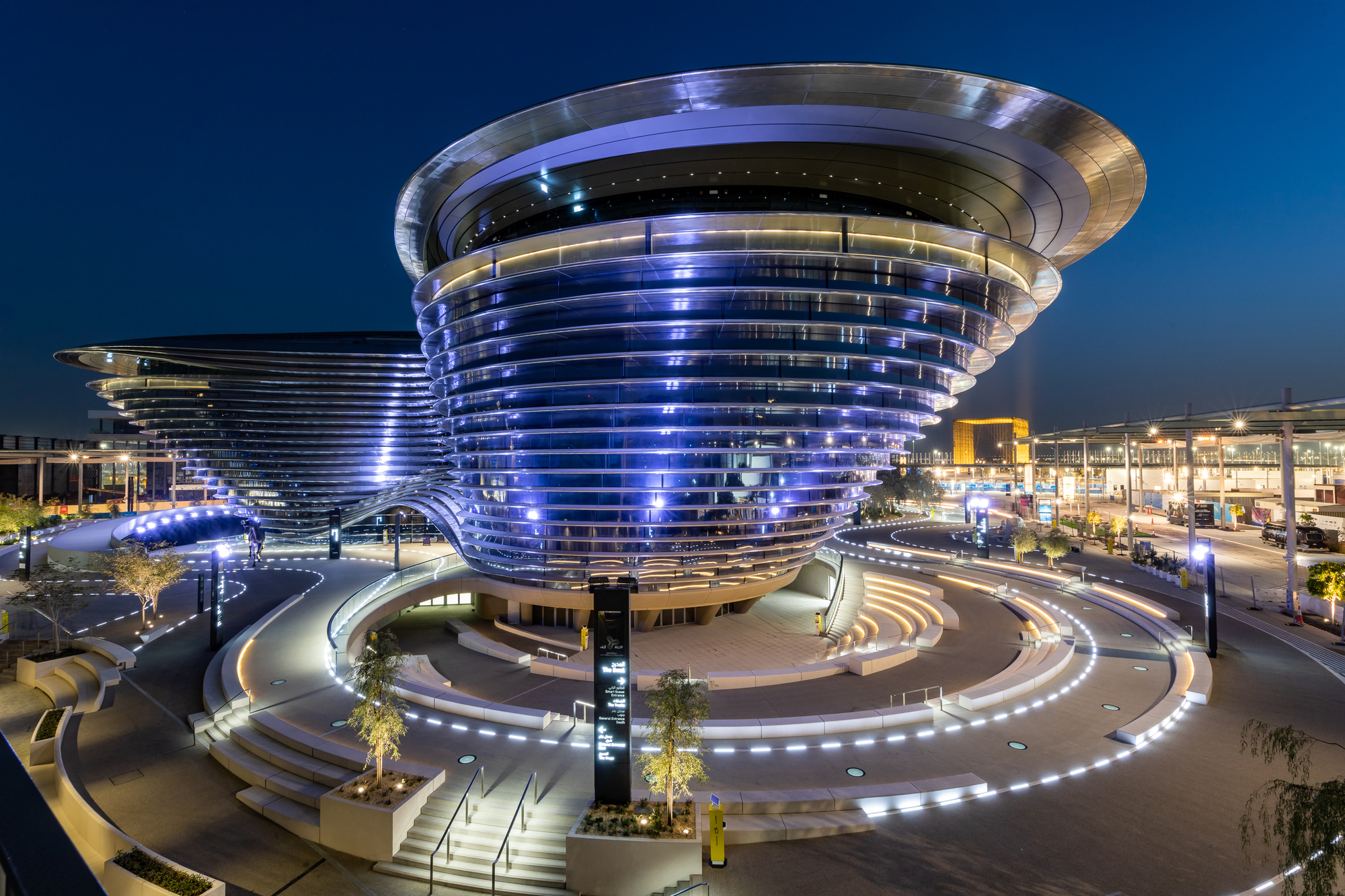[ad_1]
Migrants and asylum seekers use the Central Mediterranean route to enter the EU out with regulated processes. The journey is dangerous, requiring a departure from North Africa across the Mediterranean Sea to reach Europe’s shores. Since the fall of Gaddafi in 2011, Libya has become one of the main gateways for illegal migration to Europe. The EU aims to lock the North African nation down as a transit point by deploying a border assistance mission. Immediately, this tactic is a means of tackling problematic immigration beyond Europe’s borders. But it is also an opportunity – to be won or lost – that could play a crucial role in defining and asserting the bloc’s as-of-yet-undetermined stance on ‘sovereignty’.
With so many migrants travelling through Libya, smuggling and trafficking networks there have erupted. Those on the ground claim the country has become a nexus of coercion, torture, and deprivation. The instability unleashed by the Libyan civil war has dragged roughly 650,000 migrants into dire conditions. Those living in the Libya-based migrant community are reportedly “vulnerable to extortion, violence, and slave-like work conditions,” while migrants held in detention centres there “may experience overcrowding, sexual abuse, forced labour, torture, and deprivation of food, sunlight, and water.”
Pressure on the EU is mounting. On the one hand, there are the practical considerations — a collection of nations struggling with the flow of people simply trying to escape horrifying circumstances. On the other hand, there is the challenge of dealing with the problem in a humane and distinctively European way: this last part, in fact, might create the greater trouble for lawmakers.
A United Nations report states that, in all likelihood, the lack of human rights protection for migrants at sea,
is not a tragic anomaly, but rather a consequence of concrete policy decisions and practices by the Libyan authorities, the European Union Member States and institutions, and other actors.
To its credit, the EU has made clear that it plans to improve the situation. While this move is a vital one, it is also a crucial moment for a nascent idea of European sovereignty. The situation unfolds in a dynamic context under the shadow of a crescent China and a waning, less-than dependable ally in the United States.
A European Commission action plan states that:
The Commission intends to step up border management support at Libya’s Southern border, while in parallel strengthening cross-border cooperation between Libya and its bordering countries in the South, including Niger.
Increasingly, voices in the EU call for either a greater level of integration than ever before, or a move in the opposite direction, towards disparate nationalism. Brexit, for its part, has demonstrated that even if presented as greener pastures, the going-it-alone strategy is a risky one at best.
The German chancellor, Olaf Scholtz, for his part has indicated an interest in pursuing a German vision of European sovereignty – but it is one that appears to diverge from equivalent notions in France. Though Emanuel Macron may lead the charge on a more militant, assertive vision of Europe, he faces a presidential election in April 2022. While France might hold the 6-month rotating stewardship of the EU, there are no guarantees that French centrist political ambitions will live to see it through.
The necessity of a response to the encroachment of Russia on the eastern flank, adds a certain preparatory atmosphere. In this sense, the migrant conundrum offers a formative testing ground for defining and assessing practicalities around sovereignty. But, as with many such crises, the adequacy of the means employed must support the scale of ambitions. And indeed, many believe that it is only the bloc’s united size that will allow it to remain relevant and active on the global stage. “The choice is not between national and European sovereignty,” wrote Jean Pisani-Ferry, a former advisor to Macron, back in December 2019. “It is between European sovereignty and none at all.”
For all of these reasons, the Libyan border situation is one that calls for caution. With European sovereignty far from set, any reliance on foreign contractors to bolster security could quickly become problematic. For instance, were the EU to assign projects to companies governed by foreign powers, this could inadvertently, both symbolically and strategically, cede sovereignty to foreign masters. Given the increasing sense of a free-for-all in the realm of private military contractors, confidence is in decline. That is why outsourcing to non-member states could get even more complicated.
A European Parliament resolution warned that “no local PSC [private security company] should be employed or subcontracted in conflict regions” and that the EU should favour companies “genuinely based in Europe” and subjected to EU law. However, this resolution has limited scope and is non-binding, therefore its “impact in the theatre remains unclear”.
The EU has already had some unfortunate episodes which highlighted the issue of handing out contracts to foreign companies, either local entities or non-European ones working abroad. One noteworthy example was the use of the Canadian firm GardaWorld and British firm G4S in places like Afghanistan. Even though Gardaworld was partnering with the French security company Amarante, Gardaworld always kept leadership in field operations. As a result, the companies’ complete inability to support and evacuate their security personnel during the Kabul Airlift even made headlines last year. The ambiguous role private companies are taking in modern conflicts underlines the need for the EU to work with companies bound by EU law.
Following the 2015 migrant crisis, consensus on EU immigration policy took a bruising. And even now, any future definition remains in flux – much like the European project as a whole.Such considerations give an indication of the subtle forces at play in the skirmish for European sovereignty. It remains to be seen what course officials plot on the already incendiary Libyan border.
Further Reading on E-International Relations
[ad_2]
Source link













